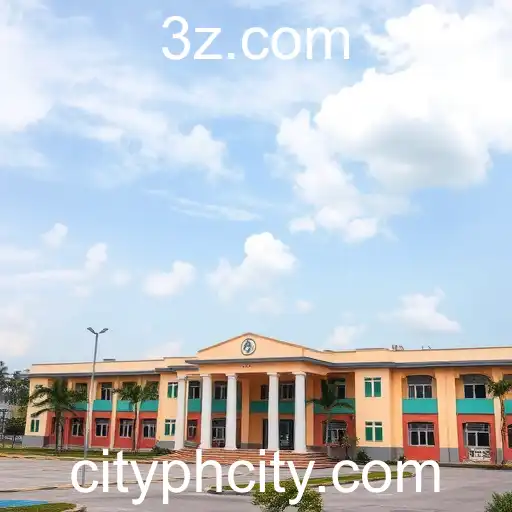
Port Harcourt, often fondly referred to as PH City, is embracing a wave of sustainable innovations to tackle urban challenges and enhance the quality of life.
As the world navigates the complexities of urbanization and climate change, Port Harcourt, commonly known as PH City, stands out as a beacon of innovation and sustainability in Nigeria. In recent times, the city has witnessed significant transformations spurred by local government initiatives, private sector investments, and community-based projects. These transformations are aimed at tackling the pressing issues of urban congestion, waste management, and energy efficiency, which have been perennial challenges for the bustling city.
Port Harcourt's journey toward sustainability is driven by a focus on green infrastructure. The city planners have been ardent advocates for the integration of green spaces throughout the urban landscape. These initiatives not only improve urban aesthetics but also contribute to reducing heat, improving air quality, and providing recreational spaces for residents. The local government's commitment to expanding public parks and planting trees along major roads has garnered widespread community support.
Furthermore, Port Harcourt is making strides in waste management through innovative solutions that convert waste to wealth. Recycling programs have been implemented in collaboration with private firms and NGOs, creating job opportunities while also promoting environmental consciousness. The city has also adopted policies encouraging businesses to reduce plastic usage, moving toward more sustainable packaging solutions.
The energy sector in Port Harcourt is experiencing a paradigm shift with the increasing adoption of renewable energy sources. Solar power installations are becoming more common, both in residential and commercial areas, due to their affordability and reliability. This shift reduces the city's dependence on the national grid and contributes to lower carbon emissions, aligning with global sustainable development goals.
Education and community engagement play pivotal roles in sustaining these innovations. Local schools and universities in Port Harcourt are incorporating sustainability-related courses into their curricula. Community workshops and awareness campaigns have been instrumental in educating citizens on the importance of sustainability and their role in promoting a greener city.
The transformation of Port Harcourt into a hub of sustainable innovation presents a model for other Nigerian cities facing similar challenges. By championing these developments, PH City not only enhances the living standards of its residents but also positions itself as a leader in Africa's urban sustainability movement.




